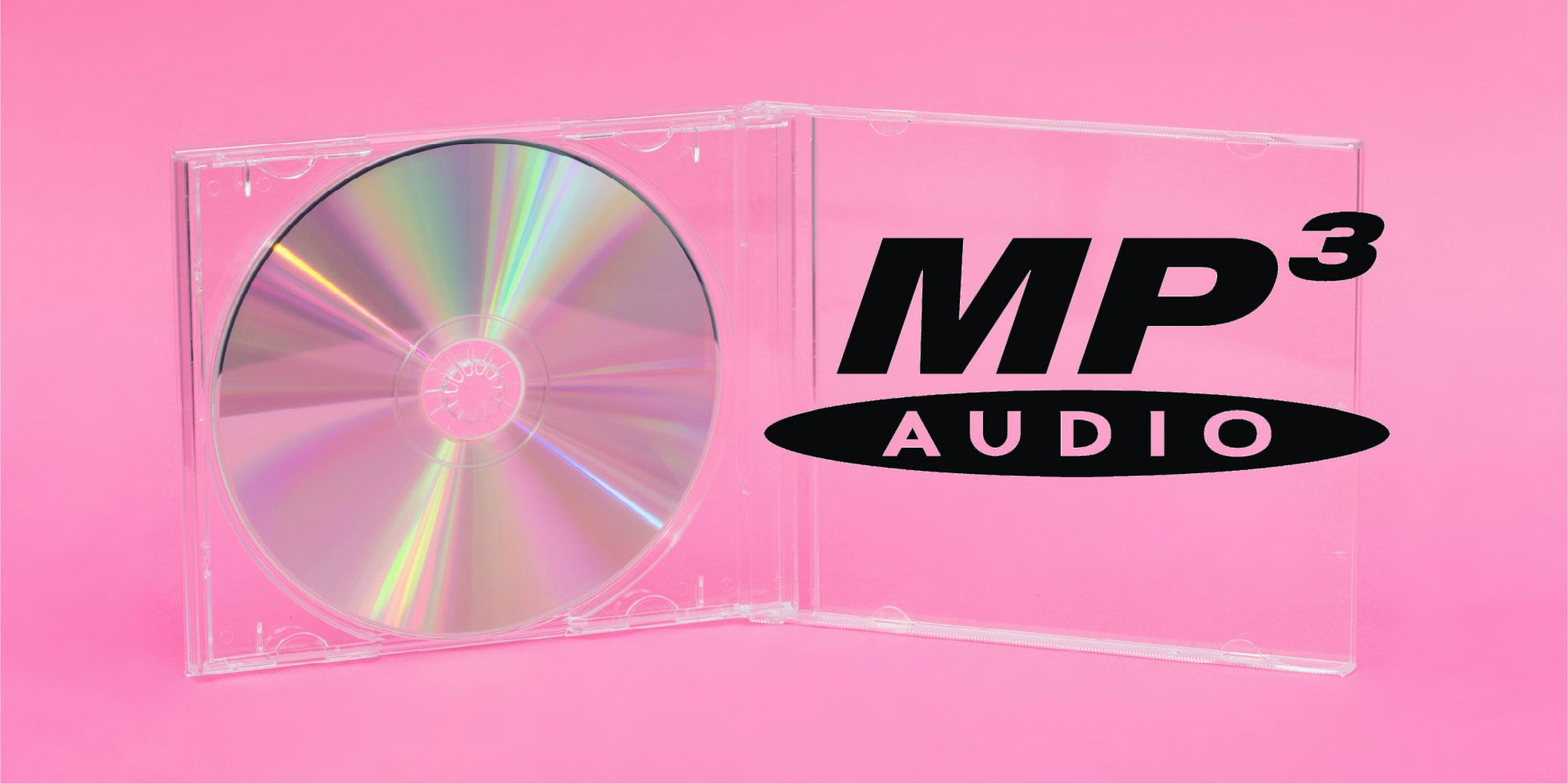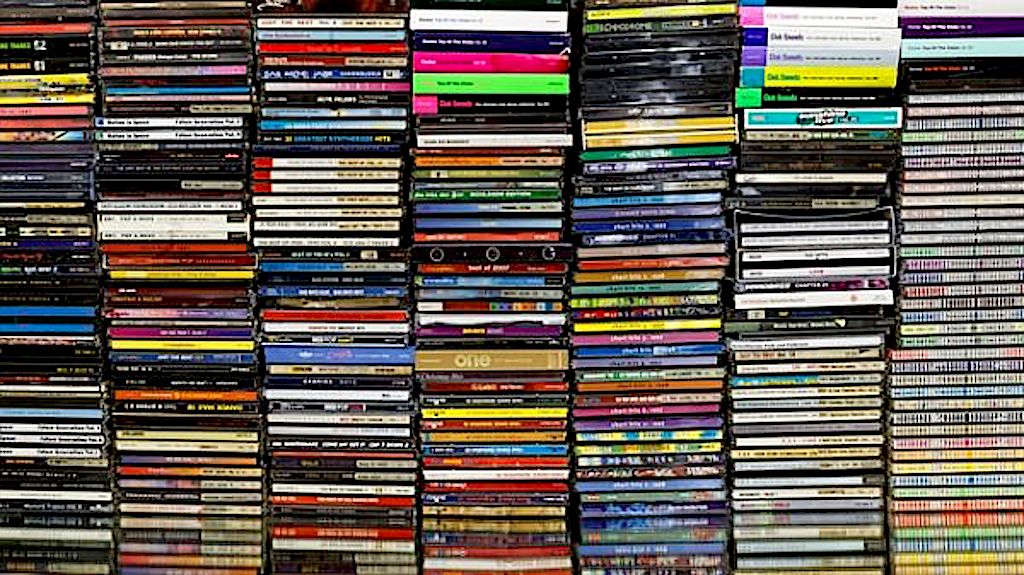If you’ve been listening to music for a long time, you might have a couple of CDs lying around gathering dust. Unless you're a collector, there aren’t many advantages to using CDs. If you’re tired of having those CDs around and are looking to saves some space, there are ways to convert your songs to convenient and space-saving MP3 files.
Windows Media Player, the default media player for every PC, offers an easy method to rip audio from a CD. On default settings, Windows Media Player should be the first thing that pops up when you insert a music CD into your computer. From there, look at the top of your window and you should see a small disk that says, "Rip CD." It will either open a menu that will ask you the format or start placing the songs onto the PC. MP3s are the most common format for music, but you might want to save the file as a WAV so that you don’t lose any quality. If you want both space and quality and aren't worried about device compatibility, you may want to look into how to create FLAC files.
If you’re on a Mac computer, things will work similarly but you'll use different software. Just launch iTunes and navigate over to preferences which is located in the drop-down menu. Once there, head over to import settings under general preferences and select MP3 encoder inside of the Import Using menu. By default iTunes doesn't use the MP3 format when ripping audio from a CD. You can select the quality of the rip from the same menu, we recommend that you choose high quality so that your music sounds the best.
Alternatives And Uses For Old CDs
If for some reason you don’t have access to either of these methods, you’ll have to go a little further out of your way. If you’re on Linux, try using ASunder CD Ripper. Other alternatives include SoundJuicer, RipperX, and Audex. ASunder is the easiest to find because it’s available on the Ubuntu software center. Once it’s installed, you’ll have to download the MP3 encoding library, LAME, which is a free add-on. Once you’re done it should be pretty similar to the other examples mentioned above. Just be sure to set it to the proper disc drive and set file names and the quality of the encoding – all of these are found in the preferences tab at the top.
You can still keep your original CD's afterwards as ripping doesn’t remove the data from them. You can still use them for their intended purposes. But if you need them out of your home, car, or wherever, try sending them to the nearest recycling center or donate them. New Hampshire has the CD Recycling Center of America if you’re willing to pay for shipping. Alternatively, you could turn to an online marketplace to make a quick buck from your old playlist.


